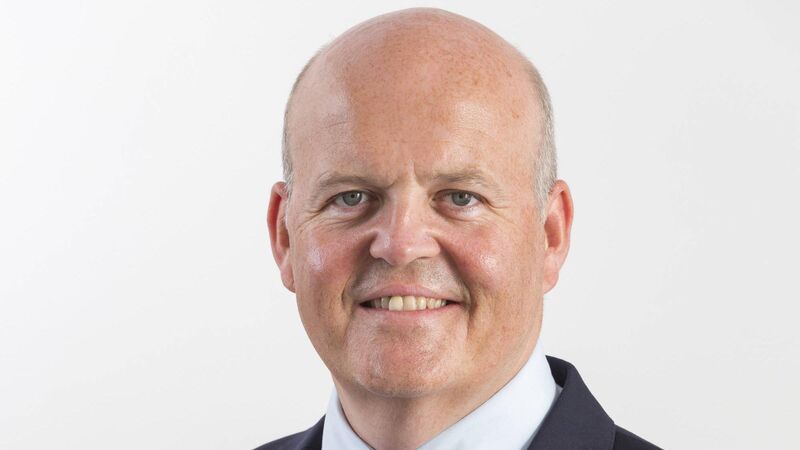Interview: AIB CEO confident of taking on Ulster Bank loans, but not its branches

AIB chief executive Colin Hunt
AIB's agreement to acquire €4.1bn in corporate loans in the carve-up of Ulster Bank will not involve taking on its deposits or any of Ulster's 88 branches in the Republic, AIB chief executive Colin Hunt has said.
In an interview, Mr Hunt also said he expected about 300 Ulster staff to join AIB when the deal is clinched in the coming months, but said that he would not discuss what AIB will likely pay for the transaction, amid continuing due diligence over the purchase.










